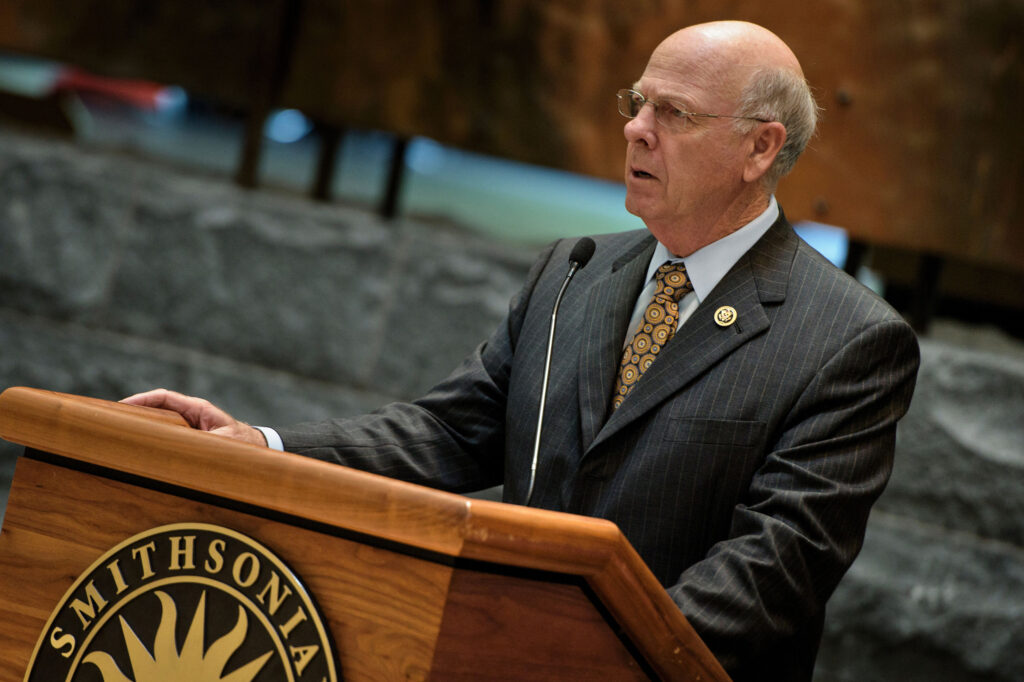Copyright Forbes

José Luís González Rodriguez is a partner of Erredelate SL. In recent years, you've likely heard that digitalization, innovation or artificial intelligence are the great challenges of our time. However, there is an older, more human and much more complex challenge: the ability to truly listen. In companies, families and society as a whole, it seems most conflicts do not arise from a lack of data but rather from a lack of listening. We hear, but we do not listen. And that difference marks the distance between teams that move forward and organizations that stagnate. The Difference Between Hearing And Listening Hearing is a physiological act: Sound waves reach our ears, and our brain registers them. Listening, on the other hand, is a voluntary, conscious and empathetic act: It involves paying attention, understanding and connecting with the speaker’s emotion and context. When we only hear, we reduce the other person to background noise. When we listen, we give them legitimacy, acknowledge them as a counterpart and open the door to building together. The problem is that we live in a culture where what seems most important is winning the point, proving oneself right and marking territory. In business meetings, dialogues abound where each executive is more concerned with preparing their response than with understanding the other. The result is predictable: half-baked decisions, misunderstandings and projects that fail due to a lack of alignment. The Price Of Not Listening In my experience working with companies from different sectors, the inability to listen lies behind many problems that, on the surface, seemed technical or strategic. I remember the case of a company that had invested in an advanced data analysis system. The software worked, but management complained that the results were not as expected. After several sessions, we discovered the root cause: Departments were not listening to each other. Finance saw numbers, sales demanded flexibility and operations called for realism. Each area spoke, but no one listened. The consequence was obvious: Data became fragmented, strategy scattered and results fell far from projections. The same thing happens in personal life. How many times has a couple’s argument—starting from an innocent comment—ended in a disproportionate conflict simply because neither stopped to listen to what the other truly meant? Or how often does a teenager feel misunderstood because their parents hear their words but do not listen to their silences? Listening: An Act Of Leadership Leaders who transform organizations are not those who speak the loudest but those who listen the best. Active listening can have a multiplying effect: It helps build trust, reduce resistance to change, improve decision quality and create an atmosphere where ideas flow. In a recent project with a retail network, I observed how simply having executives set aside one hour a week to listen to their teams without interruption produced a radical change. Employees stopped seeing meetings as an exam and began to share real problems that otherwise would never have surfaced. The shift was immediate: better customer service, fewer errors and a stronger sense of belonging. How To Learn To Listen Listening is not an innate talent—it’s a discipline that can be trained. Some practical keys include: 1. Stop the automatic response. Listening is not waiting for your turn to talk. It’s silencing the inner voice that pushes you to give your opinion before understanding. 2. Observe beyond words. Tone, gestures and silences say as much as verbal speech. 3. Validate what you’ve heard. Paraphrase, confirm and ask: “Do you mean ...?” This shows interest and reduces misunderstandings. 4. Suspend judgment. Listening doesn’t mean agreeing but opening yourself to understand. Immediate judgment blocks connection. 5. Practice empathy. Putting yourself in the other person’s place, even if uncomfortable, is the foundation of transformative communication. Listening To Work And Live Better Companies that manage to install a culture of genuine listening can create an unmatched advantage. In an environment where technology standardizes processes and products, the real difference will lie in the ability to create strong relationships, understand real needs and respond in a human way. An organization that listens to its employees can reduce turnover; one that listens to its customers can anticipate demand; and one that listens to society can build reputation and legitimacy. Beyond business, listening is an act of humanity. It reminds us that life is not a tennis match where one wins and the other loses, but a game whose goal is to keep the conversation alive and strengthen the relationship. Listening means choosing cooperation over confrontation, construction over destruction. Ultimately, the greatest transformation is not in algorithms or artificial intelligence but in our ability to listen. If we learn to truly listen, we can reduce conflict, gain efficiency and, above all, recover the essence of what it means to live and work together. In business and in life, listening is the true silent revolution.



